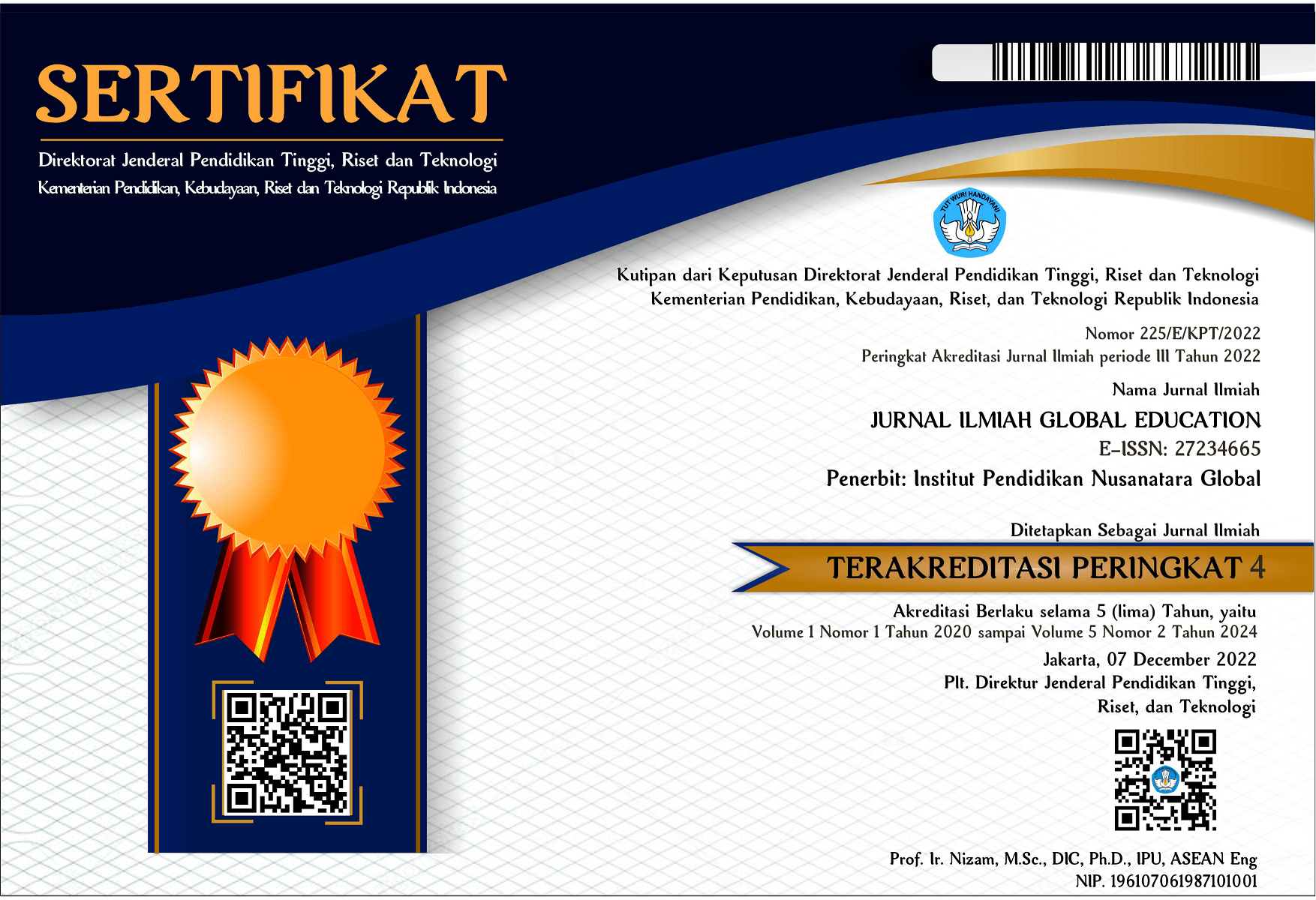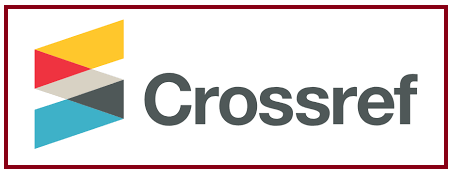Unlocking Nature's Bounty: Exploring the Ecotourism Potential of Batu Jongjong in Bahorok District, Langkat District
DOI:
https://doi.org/10.55681/jige.v5i1.2328Keywords:
Ecotourism, Batu Jongjong, Langkat DistrictAbstract
The research on community-based ecotourism in Batu Jongjong Village, Langkat Regency, explores its potential, inspired by rich natural and cultural resources. Located in Gunung Leuser National Park, the village benefits from biodiversity. Aimed at enhancing local welfare through sustainable ecotourism, the study stresses community participation and collaboration among stakeholders. Sustainability concepts, including resource protection, are crucial for long-term contributions. The unique aspect lies in empowering locals and ensuring shared responsibility for resource preservation. Batu Jong Jong Village, despite its potential, requires improvements in accessibility, management, and services for competitiveness. Challenges necessitate collaborative efforts, while opportunities lie in sustainable development, emphasizing economic, social, and environmental benefits. Designated as a tourist village, Batu Jong Jong holds promise for eco-tourism, utilizing its natural resources. Despite obstacles, the village's fertile soil and community involvement present a foundation for sustainable tourism, contributing to its long-term success.
Downloads
References
Annisa Virgin, P., Turniningtyas, A. R., & Siregar, J. P. (2022). Studi Komparasi Strategi Sustainable Livelihood Kampung Heritage Kajoetangan dan Kampung Ornament Tjelaket Kota Malang. Turniningtyas Ayu R. 2 Dan Johannes Parlindungan Siregar, 2(1). http://sostech.greenvest.co.id
Çakır, O., Evren, S., Tören, E., & Kozak, N. (n.d.). Utilizing the Sustainable Livelihoods Approach to Evaluate Tourism Development from the Rural Host Communities’ Point of View: The Case of Cappadocia (Turkey) Oral History Project on Tourism and Hospitality Industry in Turkey (1923-2013) View project Türkiye Turizm Tarihi View project. http://gtg.webhost.uoradea.ro/
Gai, A. M., & Si, M. (2020). Pemberdayaan Masyarakat Nelayan Berbasis Sustainable Livelihood di Pesisir Kota Surabaya. www.dreamlitera.com
Ghazali, M. (2023). PENERAPAN SUSTAINABLE LIVELIHOOD FRAMEWORK DI PULAU KECIL TERLUAR, STUDI KASUS: PULAU MARATUA. Jurnal Kelautan Dan Perikanan Terapan (JKPT), 1, 97. https://doi.org/10.15578/jkpt.v1i0.12055
Hardati, P. (n.d.). HUMAN RESOURCES ASSET CONTRIBUTION TO LIVELIHOODS ASSET IN SEMARANG REGENCY, CENTRAL JAVA PROVINCE, INDONESIA.
Hubner, I. B., Pramono, R., Bernedeta Sitorus, N., & Lemy, D. M. (n.d.). 2022. Implementation of the Four Pillars of Sustainable Tourism Destinations in the Tourism Village of Kampung Keranggan, South Tangerang. https://doi.org/10.33258/birci.v5i1.3639
Irene, N., & Sitorus, B. (n.d.). PERAN DAN KOLABORASI STAKEHOLDER PARIWISATA DALAM MENDUKUNG PENINGKATAN KUNJUNGAN WISATA DI KAWASAN DANAU TOBA [Role And Collaboration Of Tourism Stakeholders In Supporting Increased Tourism Visits In The Lake Toba Area]. Hasil Penelitian Jurnal Hospitality Dan Pariwisata, 6(2), 56–105. https://doi.org/10.30813/.v6i2.2416
Juliana, Parani, R., Sitorus, N. I. B., Pramono, R., & Maleachi, S. (2021). Study of community based tourism in the district west Java. International Journal of Sustainable Development and Planning, 16(2), 277–285. https://doi.org/10.18280/IJSDP.160207
Kheiri, J., & Nasihatkon, B. (2016). The Effects of Rural Tourism on Sustainable Livelihoods (Case Study: Lavij Rural, Iran). Modern Applied Science, 10(10), 10. https://doi.org/10.5539/mas.v10n10p10
Ma, J., Zhang, J., Li, L., Zeng, Z., Sun, J., Zhou, Q. (Bill), & Zhang, Y. (2018). Study on livelihood assets-based spatial differentiation of the income of natural tourism communities. Sustainability (Switzerland), 10(2). https://doi.org/10.3390/su10020353
Mayolita Panjaitan, R. Hamdani Harahap, & Hadriana Marhaeni Munthe. (2023). Pemberdayaan Masyarakat Dalam Pengembangan Wisata Desa Kuta Jungak Kecamatan Siempat Rube Kabupaten Pakpak Bharat Provinsi Sumatera Utara. PERSPEKTIF, 12(1), 171–184. https://doi.org/10.31289/perspektif.v12i1.8108
Melles, G. B. (n.d.). Design Science and Innovation Designing Social Innovation for Sustainable Livelihoods. https://link.springer.com/bookseries/15399
Natarajan, N., Newsham, A., Rigg, J., & Suhardiman, D. (2022). A sustainable livelihoods framework for the 21st century. World Development, 155. https://doi.org/10.1016/j.worlddev.2022.105898
Prasad, V., & Lalrinpuia Vangchhia, S. (n.d.). SPRINGER BRIEFS IN ENVIRONMENTAL SCIENCE A Sustainable Livelihood Approach to Poverty Reduction An Empirical Analysis of Mizoram, the Eastern Extension of the Himalaya. http://www.springer.com/series/8868
Sadyahutomo, Mulyono. 2009. Manajemen Kota dan Wilayah: Realita dan Tantangan. Jakarta: Bumi Aksara.
UU Nomor 10 Tahun 2009. (n.d.).
Downloads
Published
How to Cite
Issue
Section
License
Copyright (c) 2024 Dewi Yanti, Muhammad Khadry, Christina Indriany Sianipar

This work is licensed under a Creative Commons Attribution-ShareAlike 4.0 International License.













